June 17 stands as one of history’s most eventful days, witnessing the rise and fall of empires, groundbreaking discoveries, and moments that shaped our modern world across centuries of human achievement.

Politics and Government Events on June 17
1972 – Watergate Scandal Begins
Five White House operatives were arrested for burgling the Democratic National Committee offices. This illegal wiretapping operation represented part of a broader campaign to subvert the democratic process.
The arrests would ultimately lead to President Nixon’s resignation and forever change American politics. The scandal exposed the depths of political corruption at the highest levels of government.
1991 – South African Parliament Repeals Racial Classification
The South African Parliament repealed the Population Registration Act, which had required racial classification of all citizens at birth. This landmark decision dismantled a cornerstone of the apartheid system.
The repeal marked a crucial step toward racial equality in South Africa. It paved the way for the country’s transition to democratic governance under Nelson Mandela.
2021 – Juneteenth Becomes Federal Holiday
President Joe Biden signed legislation establishing Juneteenth National Independence Day as a federal holiday. This marked the first new federal holiday created since Martin Luther King Jr. Day in 1983.
The law recognized the historical significance of June 19, 1865, when enslaved people in Texas learned of their freedom. This legislative action acknowledged America’s complex history with slavery and its ongoing journey toward racial justice.
1940 – Soviet Union Occupies Baltic States

The Soviet Union occupied Estonia, Latvia, and Lithuania, effectively ending their independence. This aggressive expansion demonstrated Stalin’s determination to control Eastern Europe during World War II.
The occupation would last for over fifty years until the collapse of the Soviet Union. These Baltic nations would eventually regain their independence and join NATO and the European Union.
1944 – Iceland Declares Independence
Iceland declared independence from Denmark and established itself as a republic. This peaceful transition marked the end of centuries of foreign rule over the island nation.
The declaration came during World War II when Denmark was occupied by Nazi Germany. Iceland’s strategic location in the North Atlantic made it a crucial ally for the United States and Britain.
1963 – Supreme Court Bans School Prayer
The United States Supreme Court ruled 8-1 in Abington School District v. Schempp against mandatory Bible reading and prayer in public schools. This decision reinforced the constitutional separation of church and state.
The ruling sparked nationwide debate about religion’s role in public education. It established a precedent that continues to influence American educational policy and constitutional interpretation.
Military and Naval History on June 17
1940 – RMS Lancastria Sinking
The Luftwaffe attacked and sank the RMS Lancastria near Saint-Nazaire, France, killing at least 3,000 people. This tragedy became Britain’s worst maritime disaster during World War II.
The ship was evacuating British civilians and military personnel from France during the German advance. The British government suppressed news of the disaster to maintain wartime morale.
1940 – British Victory at Fort Capuzzo

The British Army’s 11th Hussars successfully assaulted and captured Fort Capuzzo in Libya from Italian forces. This victory demonstrated British military capabilities in the North African campaign.
The operation marked an early success for British forces in the desert war. It helped establish British tactical superiority over Italian forces in the region.
1933 – Union Station Massacre

Four FBI agents and captured fugitive Frank Nash were gunned down in Kansas City, Missouri, by gangsters attempting to free Nash. This violent confrontation shocked the American public and law enforcement.
The massacre prompted Congress to expand FBI powers and authority. It marked a turning point in the federal government’s war against organized crime during the Prohibition era.
1967 – China Tests Hydrogen Bomb
China announced the successful test of its first thermonuclear weapon, joining the exclusive club of nuclear superpowers. This development significantly altered the global balance of power during the Cold War.
The test demonstrated China’s growing technological capabilities and military ambitions. It complicated nuclear diplomacy and strategic planning for both the United States and Soviet Union.
Science and Discovery Milestones on June 17
1910 – First Romanian Aircraft Flight

Aurel Vlaicu successfully piloted the A. Vlaicu nr. 1 on its maiden flight, marking Romania’s entry into aviation history. This achievement demonstrated the rapid global spread of aviation technology.
Vlaicu’s flight inspired a generation of Romanian engineers and pilots. It established Romania as an early participant in the development of European aviation.
1922 – First South Atlantic Aerial Crossing

Portuguese naval aviators Gago Coutinho and Sacadura Cabral completed the first aerial crossing of the South Atlantic Ocean. Their historic flight opened new possibilities for international aviation.
The expedition proved that long-distance ocean flights were feasible with proper navigation equipment. It encouraged the development of commercial aviation routes across the Atlantic.
1985 – First Arab Astronaut in Space
Space Shuttle Discovery launched carrying Sultan bin Salman bin Abdulaziz Al Saud, the first Arab and Muslim astronaut. This mission marked a significant milestone in international space cooperation.
The Saudi prince’s participation demonstrated NASA’s commitment to including diverse international partners. It inspired scientific interest throughout the Middle East and Muslim world.
1987 – Dusky Seaside Sparrow Extinction
The dusky seaside sparrow became extinct with the death of the last individual of the species. This loss highlighted the ongoing biodiversity crisis and habitat destruction in Florida.
The extinction resulted from wetland development and human encroachment on natural habitats. It served as a wake-up call for conservationists and environmental protection efforts.
Cultural and Arts Events on June 17
1901 – First Standardized Test Introduced
The College Board introduced its first standardized test, the forerunner to the SAT examination. This innovation would revolutionize American higher education admissions processes.
The test aimed to create uniform standards for college entrance across different high schools. It eventually became a crucial factor in determining educational opportunities for millions of students.
1939 – Last Public Guillotining in France
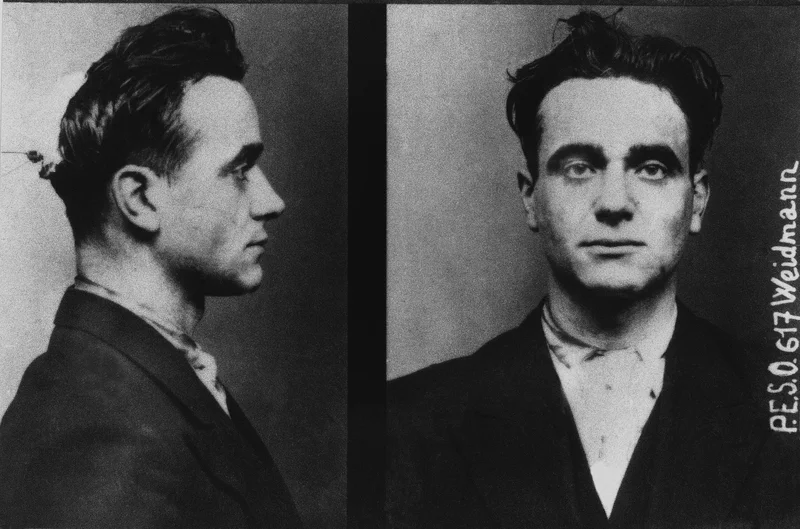
Eugen Weidmann, a convicted murderer, was executed by guillotine in Versailles outside the Saint-Pierre prison. This became France’s final public execution, ending centuries of public spectacle.
The event attracted unruly crowds and extensive media coverage, prompting authorities to ban public executions. Future executions would be conducted privately until France abolished capital punishment entirely.
1958 – Second Narrows Bridge Collapse

The Ironworkers Memorial Second Narrows Crossing collapsed during construction in Vancouver, killing 18 ironworkers. This tragedy highlighted the dangers faced by construction workers on major infrastructure projects.
The collapse prompted significant improvements in construction safety standards across Canada. The rebuilt bridge was later renamed to honor the workers who died in the disaster.
Religious and Social Events on June 17
1963 – Buddhist Crisis Riot in South Vietnam
A riot involving around 2,000 people erupted in South Vietnam following President Ngô Đình Diệm’s announcement of measures to end the Buddhist crisis. One person was killed in the violence.
The unrest demonstrated the deep religious and political divisions within South Vietnamese society. It contributed to growing American concerns about the stability of the Diệm government.
2015 – Charleston Church Shooting
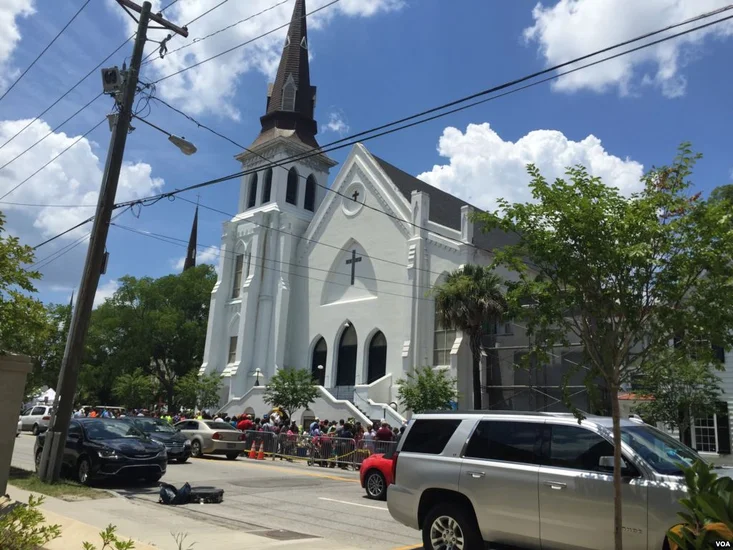
Nine people were killed in a mass shooting at Emanuel African Methodist Episcopal Church in Charleston, South Carolina. This racially motivated attack shocked the nation and reignited discussions about hate crimes.
The shooting targeted a historic black church during a Bible study session. It prompted renewed conversations about racism, gun violence, and domestic terrorism in America.
1971 – War on Drugs Declared
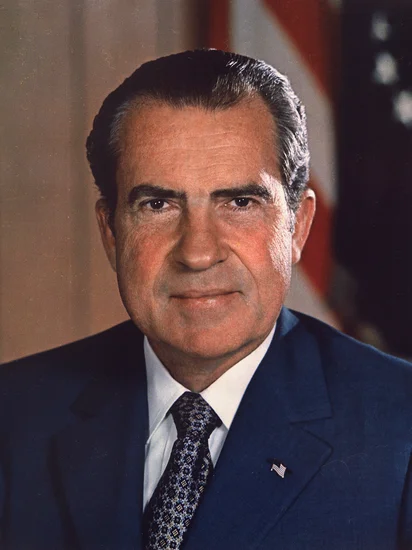
President Richard Nixon declared drug abuse “America’s public enemy number one” in a televised press conference, officially launching the War on Drugs. This policy initiative would reshape American criminal justice for decades.
The declaration led to massive increases in drug-related arrests and incarceration rates. It fundamentally changed how America approached substance abuse and criminal justice policy.
Business and Economic Events on June 17
1930 – Smoot-Hawley Tariff Act Signed
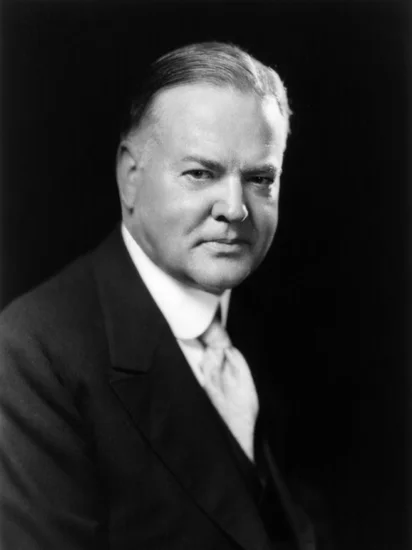
President Herbert Hoover signed the Smoot-Hawley Tariff Act into law, raising tariffs on thousands of imported goods. This protectionist measure worsened the Great Depression by reducing international trade.
The act prompted retaliatory tariffs from other nations, devastating American exports. It served as a cautionary tale about the dangers of trade protectionism during economic downturns.
1960 – Nez Perce Tribe Receives Compensation
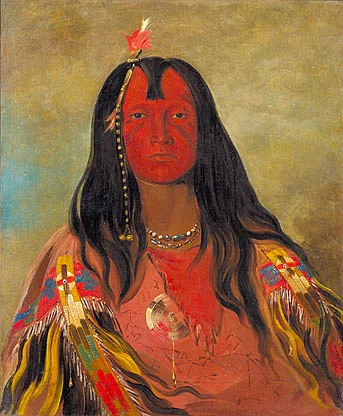
The Nez Perce tribe was awarded $4 million for 7 million acres of land undervalued in the 1863 treaty. This settlement partially addressed historical injustices against Native American communities.
The compensation recognized that the tribe had been severely underpaid for their ancestral lands. It represented a small step toward acknowledging and rectifying past wrongs against indigenous peoples.
1992 – US-Russia Arms Reduction Agreement
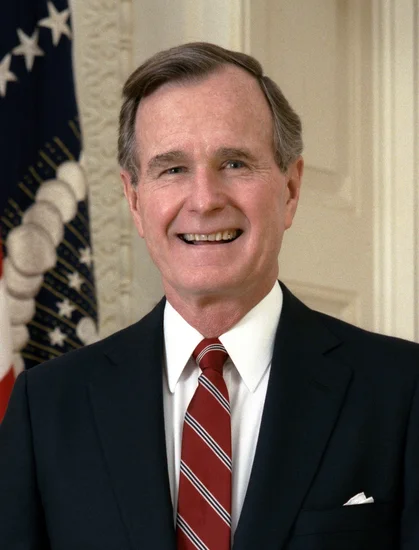
Presidents George Bush and Boris Yeltsin signed a “joint understanding” agreement on arms reduction. This accord would later be codified in the START II treaty, reducing nuclear weapons stockpiles.
The agreement demonstrated improved US-Russian relations following the Cold War’s end. It marked significant progress in nuclear disarmament efforts between the former superpowers.
Transportation and Infrastructure on June 17
1948 – United Airlines Flight 624 Crash

United Airlines Flight 624, a Douglas DC-6, crashed near Mount Carmel, Pennsylvania, killing all 43 people aboard. This disaster highlighted safety concerns in the rapidly expanding commercial aviation industry.
The crash prompted investigations into DC-6 safety systems and pilot training procedures. It contributed to improved safety standards that would make commercial aviation increasingly reliable.
1994 – O.J. Simpson Arrested

Following a televised low-speed highway chase, O.J. Simpson was arrested for the murders of his ex-wife Nicole Brown Simpson and Ronald Goldman. The chase captivated 95 million television viewers.
The arrest launched one of the most watched criminal trials in American history. It exposed deep racial divisions in American society and transformed media coverage of legal proceedings.
1989 – Interflug Flight 102 Crash

Interflug Flight 102 crashed during a rejected takeoff from Berlin Schönefeld Airport, killing 21 people. This accident occurred during the final months of East Germany’s existence.
The crash highlighted safety concerns within the Eastern Bloc aviation industry. It demonstrated the technological gap between Western and Communist aviation systems.
Sports and Recreation on June 17
1929 – New Zealand Earthquake
The town of Murchison, New Zealand was struck by a 7.8 magnitude earthquake that killed 17 people. At the time, it was New Zealand’s worst natural disaster.
The earthquake caused widespread damage across the South Island’s western region. It led to improvements in building codes and emergency preparedness throughout New Zealand.
1932 – Bonus Army Gathering

Around one thousand World War I veterans assembled at the United States Capitol as the Senate considered legislation granting them additional benefits. This demonstration highlighted the economic struggles of veterans during the Great Depression.
The veterans’ peaceful protest sought early payment of bonuses promised for their wartime service. Their gathering would later escalate into violent confrontations with federal troops.
1952 – Guatemala Land Reform
Guatemala passed Decree 900, ordering the redistribution of uncultivated land to peasant farmers. This agrarian reform program aimed to address severe inequality in land ownership.
The decree threatened American business interests, particularly the United Fruit Company’s extensive holdings. It contributed to tensions that would lead to a CIA-backed coup in 1954.
Notable Births on June 17
1903 – Ruth Graves Wakefield Born
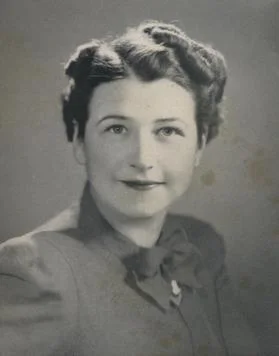
American chef Ruth Graves Wakefield was born, destined to create one of America’s most beloved desserts. Her childhood in Massachusetts surrounded her with traditional New England cooking methods.
Wakefield would later invent the chocolate chip cookie at her Toll House Inn. Her accidental creation revolutionized American baking and established a multi-billion dollar industry.
1943 – Newt Gingrich Born

American historian and politician Newt Gingrich entered the world, future Speaker of the House of Representatives. His early academic interests shaped his later political philosophy.
Gingrich would lead the Republican Revolution of 1994, transforming American politics. His Contract with America fundamentally changed how political campaigns and governance operated.
1943 – Barry Manilow Born

American singer-songwriter Barry Manilow was born in Brooklyn, New York. His musical talents emerged early through piano lessons and high school performances.
Manilow would become one of the best-selling artists of all time with hits like “Mandy” and “Copacabana.” His distinctive style defined adult contemporary music for generations.
1945 – Eddy Merckx Born

Belgian cyclist Eddy Merckx was born, destined to become cycling’s greatest champion. His childhood passion for bicycles developed into extraordinary athletic ability.
Merckx would win five Tours de France and earn the nickname “The Cannibal” for his dominance. His achievements established him as cycling’s most successful competitor ever.
1980 – Venus Williams Born

American tennis player Venus Williams was born in Lynwood, California. Her father Richard Williams began coaching her at age four on public courts in Compton.
Williams would win seven Grand Slam singles titles and revolutionize women’s tennis with her powerful serve. Her success alongside sister Serena transformed the sport’s landscape.
1987 – Kendrick Lamar Born

American rapper Kendrick Lamar was born in Compton, California. His experiences growing up in a challenging urban environment would later influence his groundbreaking music.
Lamar would become one of hip-hop’s most critically acclaimed artists, winning multiple Grammy Awards. His albums addressed social issues and elevated rap music to new artistic heights.
Notable Deaths on June 17
1939 – Eugen Weidmann Executed
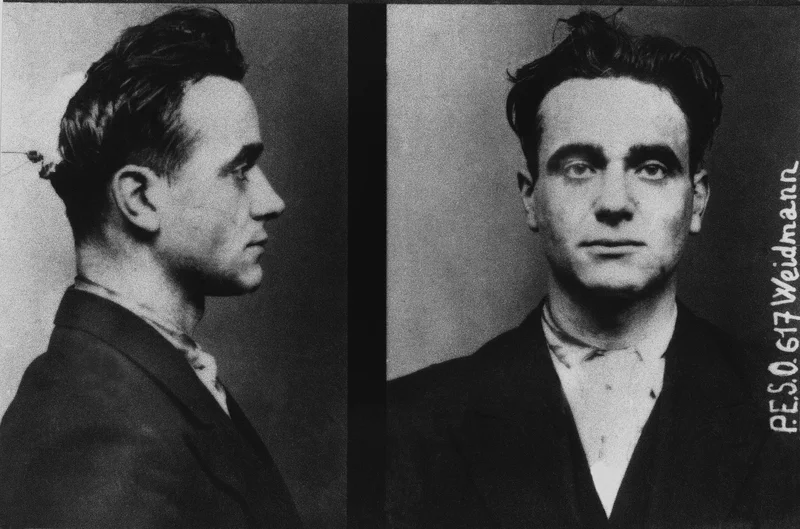
German criminal Eugen Weidmann was executed by guillotine in France’s last public execution. His death marked the end of centuries of public spectacle surrounding capital punishment.
The execution attracted unruly crowds and extensive media coverage. French authorities subsequently banned public executions, conducting future ones privately until abolishing capital punishment entirely.
1952 – Jack Parsons Dies
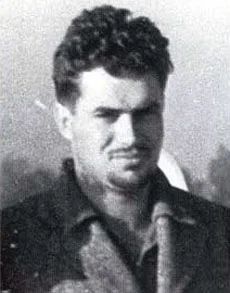
American chemist and rocket engineer Jack Parsons died in a laboratory explosion at age 37. His pioneering work in solid rocket fuel propulsion advanced America’s space program.
Parsons co-founded the Jet Propulsion Laboratory and helped develop rockets for military use. His innovative research laid crucial groundwork for America’s eventual moon landing achievements.
1996 – Thomas Kuhn Dies
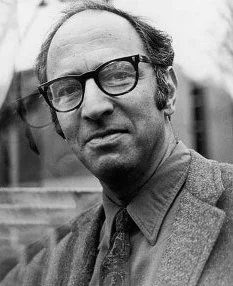
American historian and philosopher Thomas Kuhn died, leaving behind revolutionary ideas about scientific progress. His concept of paradigm shifts transformed how people understood scientific advancement.
Kuhn’s book “The Structure of Scientific Revolutions” challenged traditional views of scientific development. His work influenced fields far beyond science, including sociology and business theory.
2008 – Cyd Charisse Dies

American actress and dancer Cyd Charisse died at age 86 after a legendary career in Hollywood musicals. Her exceptional dancing ability graced classic films alongside Fred Astaire and Gene Kelly.
Charisse’s performances in “Singin’ in the Rain” and “Silk Stockings” established her as one of cinema’s greatest dancers. Her elegant style and technical skill epitomized the golden age of Hollywood musicals.
2015 – Süleyman Demirel Dies
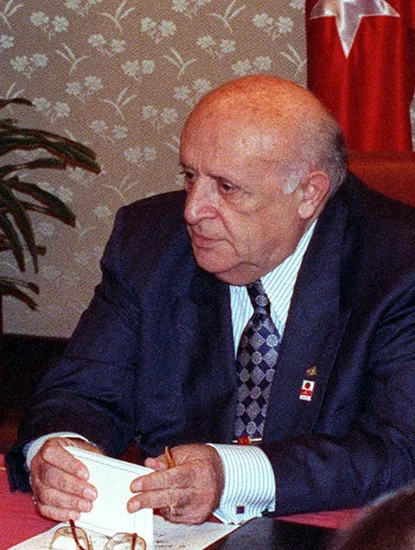
Turkish engineer and politician Süleyman Demirel died at age 90 after serving as Turkey’s 9th President. His long political career spanned multiple decades of Turkish democratic development.
Demirel served as Prime Minister seven times and helped modernize Turkey’s economy and infrastructure. His leadership during turbulent periods helped stabilize Turkish democracy and institutions.
2019 – Mohamed Morsi Dies

Egyptian professor and politician Mohamed Morsi died while standing trial, having served as Egypt’s first democratically elected president. His death occurred during a court session in Cairo.
Morsi’s presidency ended in a military coup after massive protests against his rule. His death highlighted ongoing tensions between Islamist movements and secular authorities in Egypt.
Holidays and Observances on June 17
Icelandic National Day
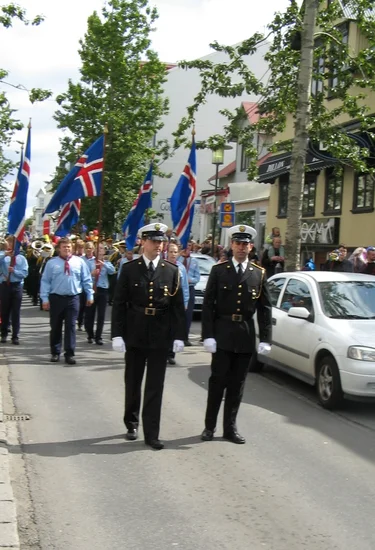
Iceland celebrates its National Day, commemorating independence from Denmark in 1944. The holiday honors Iceland’s peaceful transition to full sovereignty during World War II.
Celebrations include parades, speeches, and cultural events throughout the country. The day reflects Iceland’s pride in its democratic institutions and Nordic heritage.
Father’s Day

El Salvador and Guatemala celebrate Father’s Day, honoring paternal figures and their contributions to families. These Central American nations recognize fathers’ roles in child-rearing and family stability.
Families gather for special meals and gift exchanges to show appreciation. The celebration strengthens family bonds and cultural values across both countries.
World Day to Combat Desertification and Drought

The international community observes World Day to Combat Desertification and Drought, raising awareness about environmental degradation. This United Nations-designated day promotes sustainable land management practices.
Educational programs and policy initiatives highlight the global threat of desertification. The observance encourages international cooperation in addressing climate change and environmental protection.
